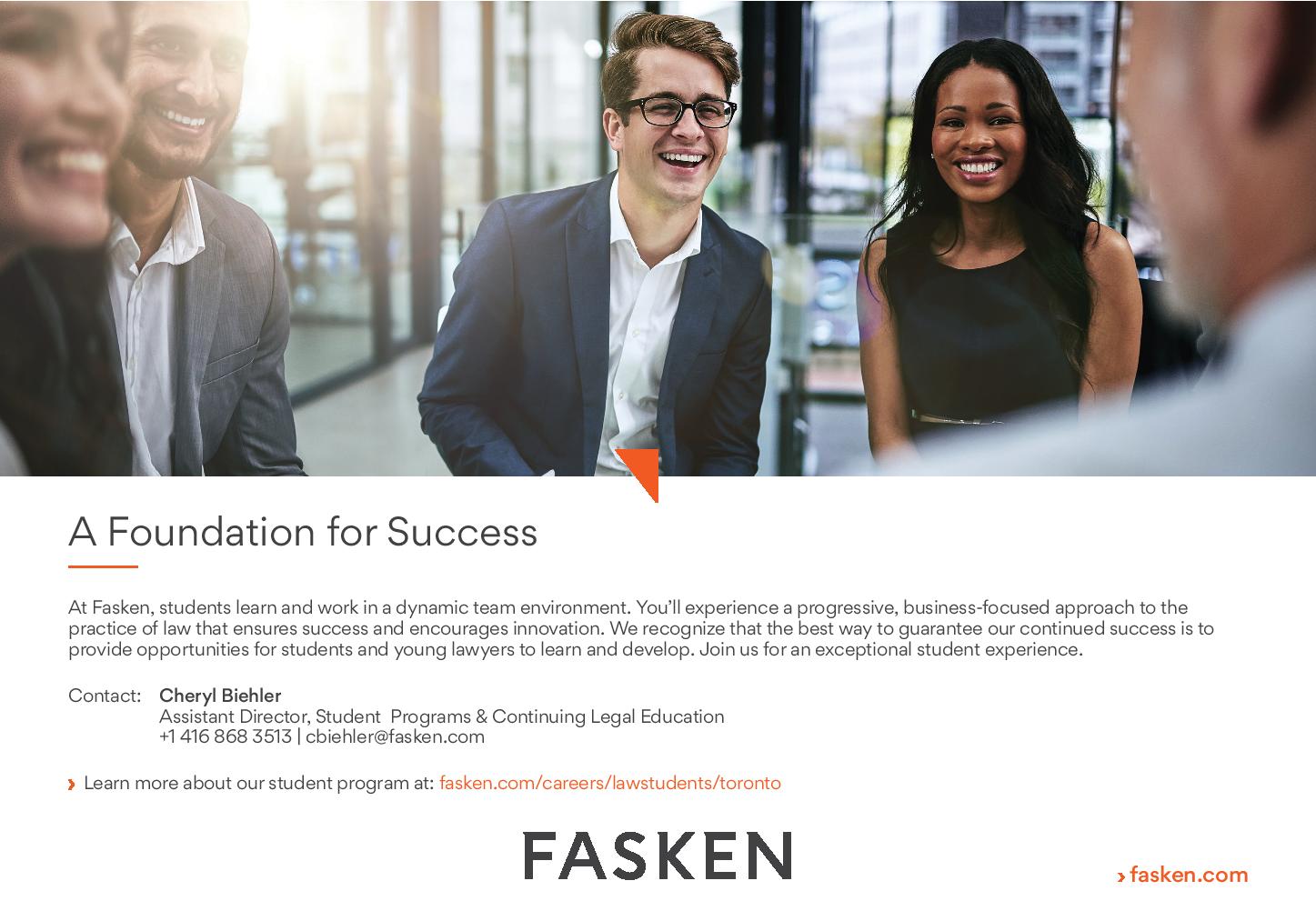
Winged Words Story # 1
In 2017, I visited an old friend in New York, to see her city through her eyes and to take advantage of her kindness and free couch. I fell in love with it and vowed to return again in some capacity, if one day I could. It’s the only American city I can see myself calling home one day, there’s something about its vibrance and dynamism, there’s a magic in being lost in a sea of strangers and still being entirely by yourself. The introvert in me was outrageously happy at that prospect. My love of solitude is round, and the cornered room it lives in is at once bordered by occasional, cacophonous joy. They can exist together in New York; the racket and respite both find ways to weave, one around the other, neither taking over nor paving the way. In New York, all of me was at peace, at least at the time.
But this isn’t about New York. This is about what happened when I left.
I showed up, in my typical anxious fashion, at JFK three hours and fifteen minutes before my flight home to Toronto. Fifteen minutes later, I was through security with a coffee in hand, and not long after that I was at my gate. I decided I had better things to do than sit at my gate for three whole hours, so I went up to the Air Canada counter and asked if there was space on an earlier flight. “Yes, honey, there’s one seat left on the 16:15. Do you want it?”
I boarded, got myself settled, and pulled out my journal to attempt to catch up on the pandemonium of my weekend. Two minutes and three sentences later, my seatmate settled down beside me, selected a movie on her seat-mounted screen, and began rifling through her bag. After a minute or so of searching for what I imagined were headphones, the woman in 21C leaned back as if to give up. So I offered her a spare pair of mine.
She didn’t watch her movie after that. Instead, talked to me for the entire flight. She told me how she moved to New York when she was 22 with only the money she had saved from selling the car her father had bought for her as a gift. The woman in 21C was a profound believer in serendipity, she takes opportunities as they come. She bought her first Wall St. apartment at 24, and through a million different flukes, got her dream job at a world-renowned hotel chain that allowed her to stay in the city she had grown to love. She told me to go with my gut, that the uncertainty I was facing about the contents of my future was not an unfamiliar one, but that I should do my best to accept opportunities with open arms if any present themselves. She told me, “too bad I didn’t meet you a week ago, we just hired an intern, but I would have hired you.”
As sweet as that thought was, I wasn’t exactly a proto-hotelier. Plus, I was mostly happy to have gotten the fact that I didn’t want to go to medical school off my chest. As it turns out, enthusiastic seatmates make for excellent confidantes when you’re looking to rehearse a tough conversation you have to have with your actual parents.
We parted ways, I with her business card, her with my promise to show her around Toronto if she was ever to return to my hometown. It was the least I could offer. I emailed her that evening, telling her that I wasn’t even meant to be on her flight, and that perhaps there was something to this whole serendipity thing.
Two months later, I’m sitting at my desk at a hospital where I had spent many summers before. The job had been arranged back when I thought that medicine was still my future, and I wasn’t impressed at my own return. I spent most of the night after my first day applying to dozens of other jobs throughout the city, probably frantically and haphazardly as well.
On Tuesday around noon, while sitting at my desk at the lab, I got an email from the woman in 21C. All it said was “hi, how are you, call me”. I wasn’t sure what I had said that made her remember me, considering I did relatively little talking, but I must have said something that she held onto. So I called her, and she told me that her intern had left for a full-time job somewhere else, and they needed somebody to fill in the last six weeks of his contract. “Can you come to the office for an in-person interview tomorrow morning?”
I called in sick the next day, and dug up the only suit I owned which, by some other-worldly force, still fit. My interviewer had more energy than any forty-year-old I had ever met, and proceeded to hire me without having ever looked at my CV. I had brought a hard copy with me to my interview, so when I handed it to her, it was the first time she’d seen that I was even a university grad. The only thing I remember was when she muttered, mostly to herself, “honours bachelor of Neuroscience…well, at least you’re smart.” She became my boss since the woman in 21C was based in New York. To this day, she claims to have a preference for hiring Neuroscience majors when selecting corporate marketing interns.
The real kicker is that the company that the woman in 21C worked for was Four Seasons Hotels and Resorts. What started as a six-week, contracted corporate marketing internship turned into a year and a half of the greatest adventure of my life. The woman in 21C kept an eye on me, for no reason aside from the understanding that she had power to spare, and perhaps because she saw a bit of herself in me. A young person just trying to make the most of my limited breaths.
For a lot of reasons, six weeks turned into six months, after which point Four Seasons transferred me to their hotel in London. It wasn’t glamourous work, as anyone in hospitality will tell you. But what it was, was just enough of a platform and paycheque to travel more of the world than I could have from that hospital desk. The woman in 21C gave me far more than a job, she opened the door to an unlikely story. She opened my door to the world, or at least, she closed one to skepticism.
So moral of the story, my tips to getting hired at a Forbes top 100 company are pretty simple; carry extra headphones, talk to your neighbours, and that even the most hardened cynics should sometimes give serendipity a chance.

